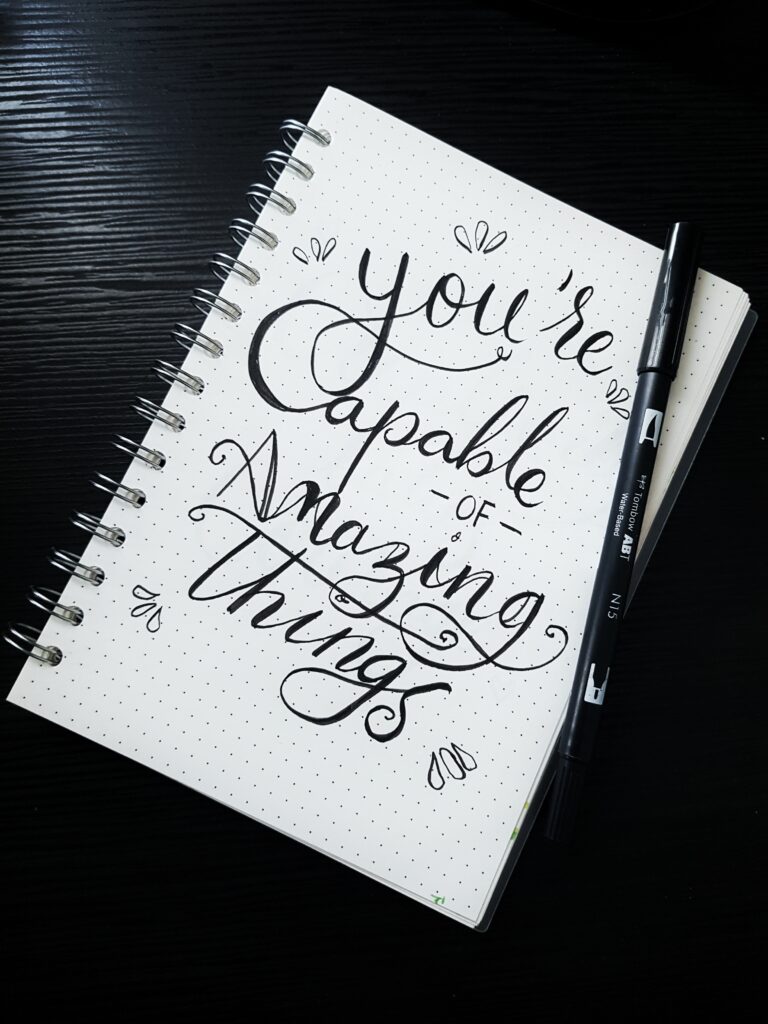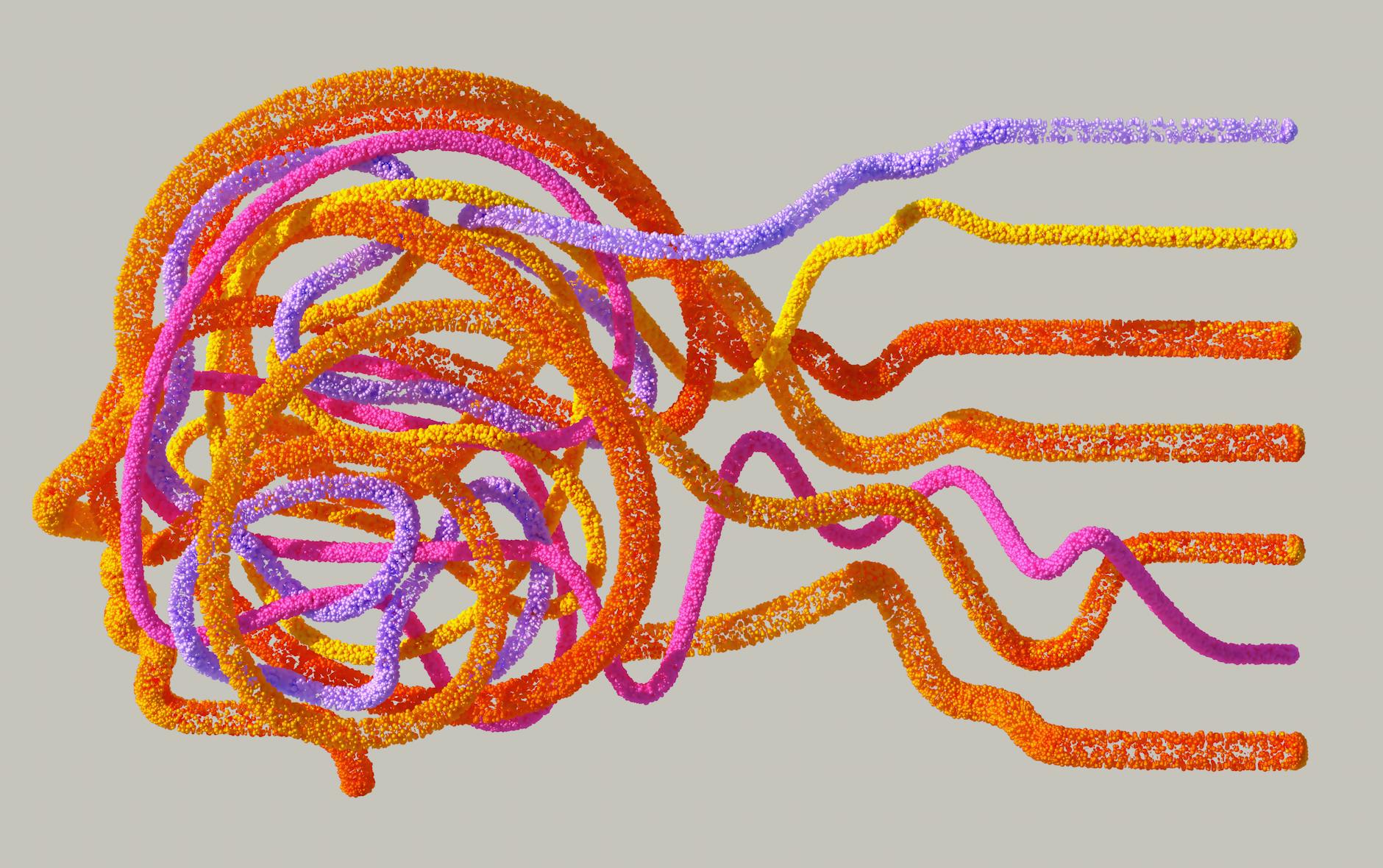
Can You Really Form a New Habit in 21 Days?
We have been told repeatedly that it takes 21 days to form a new habit. If this is true, then when we follow a diet for 21 days, we should be right on track to keeping our new eating habits. When we exercise 3-4 times per week for 3 weeks, we have it made in the shade to stay in shape. Obviously, this is not true. Twenty-one days might be a good start, but it is not the way reality works.

I believe we can retrain our brain. But it takes ongoing work. There are studies now that suggest different activities take different amounts of time to establish as a habit. One study suggests that exercising 4 times per week for 6 weeks is required to establish an exercise habit. I regularly exercised a minimum of 4 times per week for years, yet that fell away for reasons I haven’t yet figured out – maybe moving to a new city & starting a new job had something to do with the changes – but that sounds like an excuse. I imagine many of us have such experiences. So how long does it really take and what causes us to slip back into old habits, or new not so good habits?
We know we must keep doing things like brushing our teeth – we can’t do it once and expect to have healthy teeth and gums. I look at athletes and am reminded that they continue to train and practice the basic skills. Hockey players keep skating and practice shooting the puck, golfers continue to practice driving and putting, and gymnasts continue to work on basic skills to keep their flexibility and strength. This makes me think that there is more to forming and keeping habits than just doing so for a specific amount of time.

Obviously, there is more to forming new habits than maintaining the change we want for 21 days. I think we need to consider motivation, enjoyment, ease, pain vs pleasure, other life activities, and maybe most important (though I’m not sure of this) do we really want the change? What else is going on in our subconscious that might be keeping us from succeeding and continuing the new activity we think we want?
There are lots of strategies to help us form a new practice. Connecting a new practice with something you enjoy can sometimes help: I can only play a game after I have exercised for 20 minutes is an example of one way to try to develop a new habit. Well at least that gets us started, but does the new habit really get formed? How does the habit we want become second nature?
A bit of the science behind training our brains. “Neural pathways, comprised of neurons connected by dendrites, are created in the brain based on our habits and behaviors.” Further in the article, Deann Ware, Ph.D., shared
[W]hen brain cells communicate frequently, the connection between them strengthens and ‘the messages that travel the same pathway in the brain over and over begin to transmit faster and faster’. With enough repetition, these behaviors become automatic. Reading, driving, riding a bike are examples of complicated behaviors that we do automatically because neural pathways have been formed.
(Dr. Deann Ware, Ph.D. https://healthtransformer.co/the-neuroscience-of-behavior-change-bcb567fa83c1)
According to this same article it takes between 3 and 6 months for a new behaviour to become a habit. And just because we have formed new neural pathways doesn’t mean that we have those habits forever. Repetition seems to be the key. So, my understanding, if we quit practicing we form other pathways – you choose.

To form new neural pathways takes approximately 10,000 repetitions or 3 months of practice. Keeping this in mind, I think we can toss aside all the programs that are 21 days. Though 21 days might be a good start, and if you are successful for 21 days you definitely deserve a reward and I encourage you to celebrate your accomplishment as you have done amazing. I also wonder if it takes everyone the same amount of time, and can new neural pathways always be formed? So many questions.
Oh, so much for us to think about. There is always room for personal development so remain curious and keep asking questions.